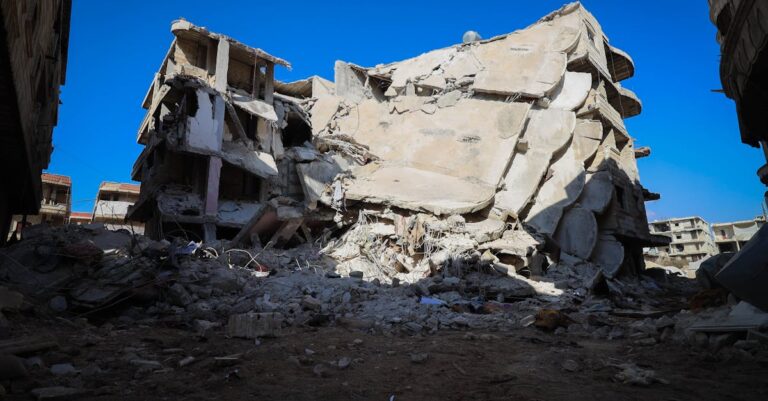
Clara Bennett’s boots sank into the mud as she trudged past the shattered fence, its splintered planks jagged against the dawn sky. The air reeked of burnt timber and iron, a metallic tang that clung to her throat. She paused, pressing a hand to the scar on her wrist—a relic from the raid last month when Union soldiers had torn through her family’s farm, leaving only smoke and silence. Her brother Elias had been taken then, his uniform still hanging in the barn, stained with something darker than dust.
The road ahead was a thread of gravel, winding toward the river where the Confederates had dug in. Clara’s fingers brushed the satchel at her hip, its weight familiar now—a bundle of letters, a rusted knife, and a map scrawled in her brother’s shaky hand. She hadn’t asked for this role, but the war had a way of carving paths without permission. Her mother’s voice echoed in her mind: *You’re too soft for this world, Clara.* But softness had died with the first cannon blast.
A rustle in the brush made her freeze. The sound was too deliberate, too sharp for a bird. She crouched, peering through the undergrowth. A figure emerged—slender, cloaked in gray. Clara’s pulse thudded in her ears. *Not a soldier. Too still.* The figure raised a hand, palm outward, and she exhaled, her grip loosening on the satchel.
“You’re late,” the figure said, voice low and frayed. It was Lila, the widow who’d taught Clara how to read coded messages in the margins of hymnals. Lila’s face was a mosaic of scars, a souvenir from a raid that had taken her husband and two children.
“Did you get it?” Clara asked, stepping closer.
Lila handed over a folded paper, her fingers trembling. “The Union’s moving troops through the ridge tonight. They’ll be at the mill by dawn.”
Clara unfolded the note, her eyes scanning the cipher. The numbers matched Elias’s map. *This is it.* She glanced up, but Lila was already retreating, vanishing into the trees like a shadow. Clara tucked the note into her satchel and turned north, the weight of the mission settling in her bones.
The river was a silver wound in the earth, its current snarling against rocks. Clara waded through, the cold biting her ankles, and climbed the far bank. The mill stood in the distance, its smokestacks blackened, its windows shattered. She pressed herself against the wall, listening. Distant shouts, the clatter of hooves. Then silence.
A voice cut through the stillness. “You’re not supposed to be here.”
Clara spun, hand flying to her knife. A man stood in the doorway, his uniform muddy, his face half-hidden by a scarf. His eyes were the color of storm clouds.
“Who are you?” she demanded.
“Major Cole,” he said, stepping forward. “And you’re trespassing on Union property.”
“I’m not here for the war,” Clara said, her voice steady. “I’m here for my brother.”
Cole’s gaze flicked to her satchel. “Then you’d better pray he’s still alive.”
The next hours blurred into chaos. Clara followed Cole to a makeshift camp, where soldiers huddled around a fire, their faces gaunt. She learned that Elias had been taken to a prison camp miles south, his health failing. The Union planned to strike the mill at dawn, but the information Lila had given her was outdated—enemy forces had shifted.
“Your brother’s in the east,” Cole said, tossing her a crumpled map. “But you’ll need a guide.”
Clara hesitated. Trust was a fragile thing, especially in a war that turned allies into enemies overnight. But the alternative was nothing. “I’ll take the risk.”
The guide was a wiry man named Jax, his skin etched with tattoos that told stories Clara couldn’t decipher. He led her through dense woods, the air thick with the scent of pine and decay. At night, they camped in hollows, Jax teaching her how to track animals and read the sky. “You’re not a fighter,” he said one evening, sharpening a blade. “But you’ve got a stubbornness that’ll outlast the war.”
They reached the prison camp at dusk, its perimeter guarded by sentries with weary eyes. Clara’s heart pounded as she slipped past the wire, her breath shallow. The cells were damp, the air reeking of sweat and despair. She found Elias in the far corner, his face gaunt, his hands bound.
“Clara?” he whispered, disbelief in his voice.
“I’m here,” she said, kneeling beside him. She worked on the lock with a piece of wire Jax had given her, her fingers trembling. The door creaked open, and they fled into the night, the camp’s alarms blaring behind them.
The journey back was perilous. They evaded patrols, crossed rivers, and hid in abandoned barns. Clara’s body ached, but she didn’t stop. Elias clung to her, his strength waning. When they finally reached the Union lines, the soldiers welcomed them with wary smiles.
But victory felt hollow. The war hadn’t ended; it had only shifted its shape. Clara watched as Elias was taken to a field hospital, his condition dire. She stood at the edge of the camp, the weight of loss and survival pressing on her chest.
That night, she returned to the river, the water churning like a living thing. The satchel felt heavier now, its contents a reminder of all she’d lost and gained. She didn’t know what came next—whether to stay in the war or flee it. But as the stars blinked overhead, she knew one thing: she was no longer the girl who had fled her farm. She was something else entirely, forged in fire and silence.


